Updated - 11 February 2026
The modern workforce is no longer binary. For the LGBTQ+ community, the transition from rigid office structures to the gig economy isn't just about extra income; it’s about Digital Sovereignty. While traditional platforms like Upwork democratized technical skills, interactive platforms (including the industry) have pioneered a new form of Identity Entrepreneurship. In 2026, the distinction between a manager and a creator has blurred, as both require high-level personal branding, digital marketing, and community management skills. Research Insight (2025): According to the Digital Labor Trends Report, 64% of LGBTQ+ workers in the gig economy cited avoiding workplace microaggressions as their primary motivation for leaving traditional 9-to-5 jobs.
Safety and the digital closet
The core of the gig economy is the ability to curate one’s environment. For gay and trans models, the physical workplace can often be a source of Minority Stress.
- Controlled Visibility: Gig workers decide exactly how much of their identity to reveal.
- Niche Empowerment: In sectors like live camming, identity is not a barrier but a Value Proposition. On platforms such as Stripchat, being openly gay or trans is the foundation of the business model, turning a potential social disadvantage into a professional asset.
The creator economy as a safety net
Adult webcam work and interactive streaming have evolved into sophisticated entrepreneurial ventures. Unlike the general gig economy (Taskrabbit, etc.), where workers are often commoditized, the Creator Economy rewards individuality.
- Brand Building: Models now operate like boutique agencies, managing multi-platform funnels (Twitter, Telegram, Live Platforms).
- Financial Resilience: For LGBTQ+ youth in restrictive regions, these platforms offer the only viable path to financial independence and eventual relocation.
Challenges: the shadow side of gig work
Despite the empowerment, 2026 presents new challenges. Financial de-platforming remains a significant risk for adult performers, and the lack of traditional benefits (healthcare, 401k) hits marginalized communities harder. Current Data (2026): A survey by Independent Workers Union showed that while LGBTQ+ gig workers earn 15% more on average than their peers in entry-level service jobs, they spend 30% more on private insurance and digital security tools.
The future of work for the LGBTQ+ community lies in Portable Benefits and Platform Cooperativism. We are seeing a rise in creator unions and specialized financial tools designed to protect workers from arbitrary bans and payment freezes.
